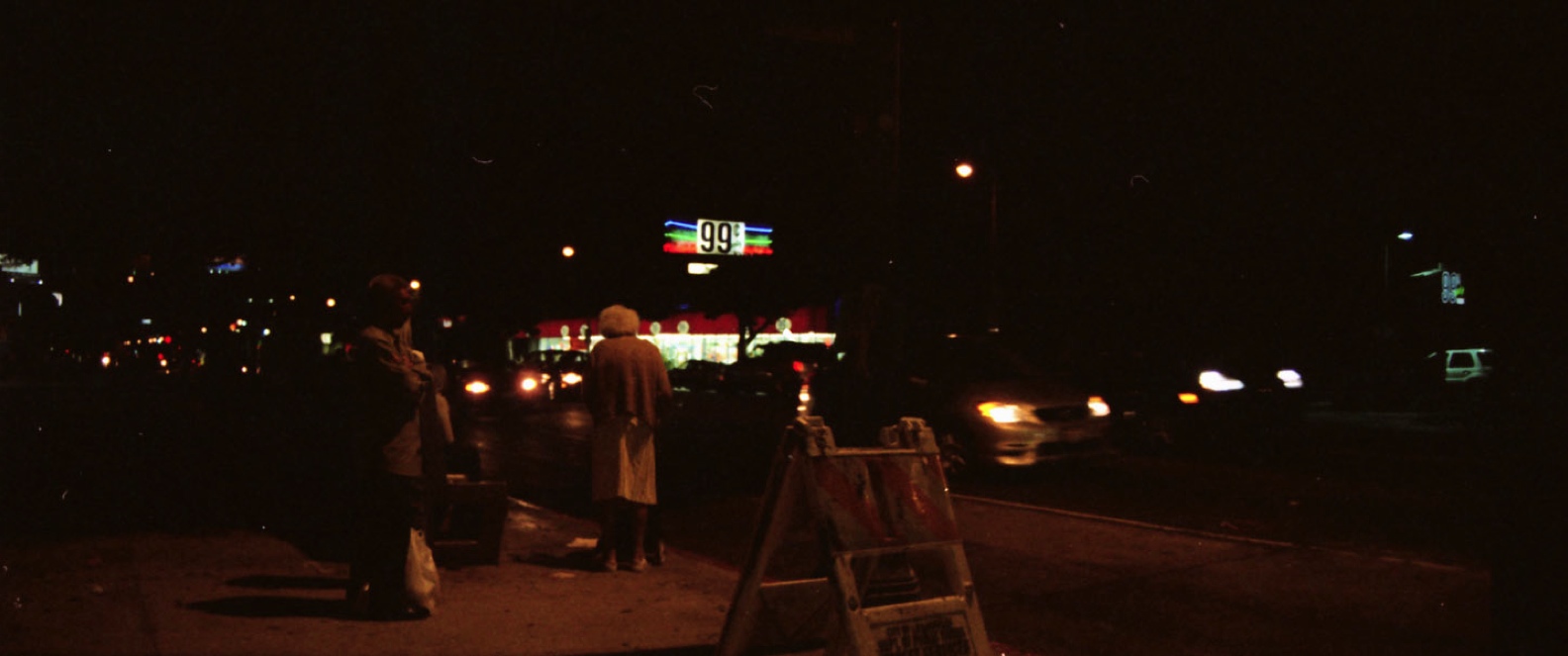Some actors just radiate intelligence. You feel it in their eyes, their bearing, their enunciation. Think of Max von Sydow or Juliette Binoche. Natalie Portman, Henry Fonda. In the way we would never buy Chaplin or Gregory Peck as villains, I have real trouble believing these people playing dull-witted dolts. Wouldn’t you? I’d argue the reason is because it’s pretty hard, I would say nigh-impossible, to hide certain types of intelligence. You can’t conceal sensitivity. Of course many people know much more than they let on, and there are myriad types of wisdom, but there’s a certain strain that goes unclothed, which you feel in one’s gaze, and the timbre of their voice. This fellow, standing beside me now at the front of the bus, was like that.
He was perhaps mid-forties, African-American, in outdoor work shoes and sturdy pants, carpenters if I recall correctly, with the hood of his hooded sweatshirt up and covering his bald pate. “You’re as constant as the sun,” he’d said with a smile when I showed up, grinning out from behind wire-frame spectacles. “I do my best,” I’d replied, amiably.
“Alright, another day,” I said, as we approached the last stop in Rainier Beach, his, a nightly routine.
“I suppose,” he answered. The humor of the line struck me in a pleasantly silly way, and I giggled. Then I said, “okay, last night you said something very wise. What was it, I forget.”
Another line with latent humor. We chuckled at ourselves, but I really did want to know what he’d said. I’d forgotten to notate it, and had spent the last twenty minutes wondering what it was. “The day before you mentioned circadian rhythms,” I continued, “which I took note of, and then last nigh– gosh, you said something last night that was awesome.”
He paused before saying, “oh! About good and bad!”
“Yeah!”
The storytelling voice. “There is no good and bad. Thinking makes it so.”
“Thank you! That’s brilliant! There is no good and bad, thinking makes it so. I’m gonna write that down.”
“Yeah.”
“Yeah!”
“Yeah, Shakespeare said that.”
“Okay.”
“Yeah.”
“Smart guy,” I said.
“Well, who knows where he got it from,”
“Exactly,”
“When you think about it though, it’s true!”
“It is! It is! So much of it is our perspective….”
We stood outside at the Rainier Beach terminal and chatted a bit more, citing examples, talking about rain and complaining and crops and farmers. The excitement of the notion, that we were in control of much more than we might realize, energized us. Our steps shown a little brighter now, out here in our corner of the city, two men exchanging thoughts in an empty parking lot on the wrong side of town– or maybe the right side. I yelled the line back at him as I jogged across the street to the comfort station.
Our smiles echoed in the rising night.
Nathan Vass is an artist, filmmaker, photographer, and author by day, and a Metro bus driver by night, where his community-building work has been showcased on TED, NPR, The Seattle Times, KING 5 and landed him a spot on Seattle Magazine’s 2018 list of the 35 Most Influential People in Seattle. He has shown in over forty photography shows is also the director of nine films, six of which have shown at festivals, and one of which premiered at Henry Art Gallery. His book, The Lines That Make Us, is a Seattle bestseller and 2019 WA State Book Awards finalist.


